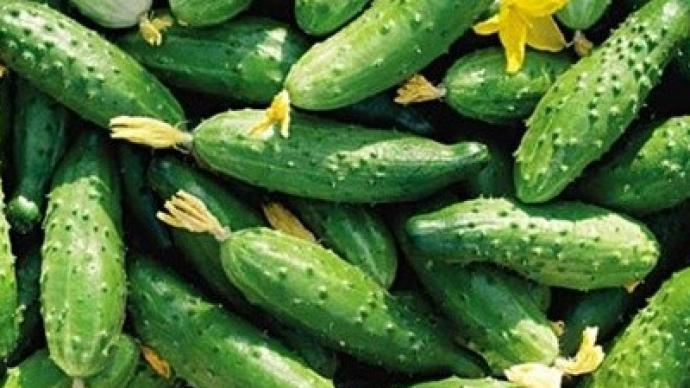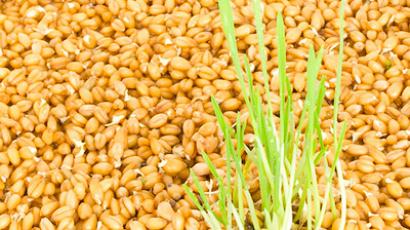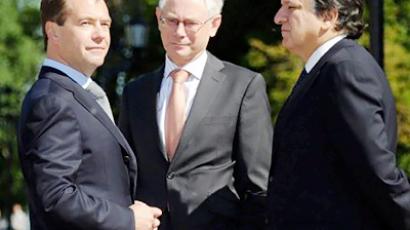Russia allows some European vegetables into market

The Netherlands and Belgium are now allowed to export vegetables to Russia, after Moscow partially lifted the ban imposed in response to the outbreak of deadly E. Coli infection in Germany.
The deliveries are allowed under certain conditions, Russia’s chief sanitary inspector Gennady Onishchenko said on Tuesday. All shipments will have to be provided with a certificate of origin and inspection for safety. The test must be done by an EU-accredited lab. The restricted access to the Russian market is allowed for products grown in these two countries only.“We will inform [customs] on the form of the certificate, rules of its filling and the list of bodies authorized to issue them as well as the list of labs allowed to do the tests in their respective countries,” the Russian official said.Belgium and the Netherlands hold about a 30 per cent share of total European vegetable exports to Russia, Onishchenko said.Similar agreement may be reached with other European counties, the inspector added. Poland, Lithuania, Spain, Denmark and the Czech Republic have applied for it so far.“We don’t trust Poland, because it deals a lot in the re-export of agriculture products. Deliveries from Germany are also unlikely to be allowed, since this country has been hit most by the intestinal infection outbreak,” Onishchenko said.Russia imposed the ban on European vegetables on June 2 due to the deadly intestinal bacteria infection, which affected hundreds of people in Europe, mostly in Germany.The EU called the move disproportionate and in violation of the principles of the World Trade Organization, which Russia wants to join. Moscow stood adamant, saying it would not risk the health and lives of its citizens for the sake of WTO accession.
Moscow's embargo in response to the outbreak soured relations with the EU.The European Commissioner for Health and Consumer Policy John Dalli says now the two sides are putting previous threats behind them. “We had to find the balance of what the certification would be. We have said that it could not be a laboratory certificate for every shipment that is made to Russia. And in fact today, I think with the good will of everybody around, we found a workable solution. Protecting ourselves from E. coli requires simple hygiene measures,” Dalli said.














